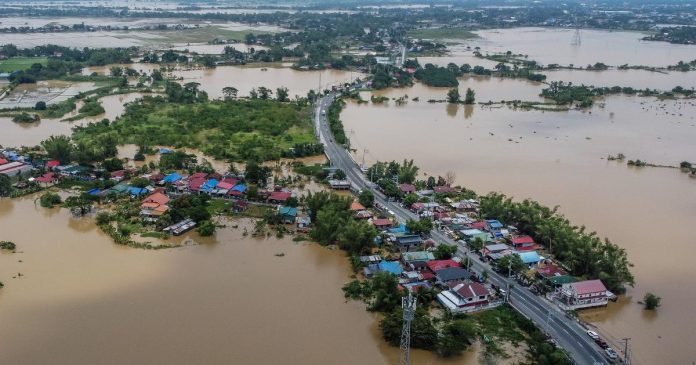Climate change represents one of the most significant challenges of our time, but decisive action today can yield enduring benefits for the planet and future generations. By confronting this crisis proactively, individuals, businesses, and governments can foster a sustainable future while reaping substantial advantages. Below are five compelling reasons to prioritize climate action with commitment and urgency:
Preserving Ecosystems for Future Generations
Efforts to combat climate change play a critical role in protecting Earth’s ecosystems, which are essential for sustaining life. Stabilizing the climate helps preserve biodiversity, supports countless species, and safeguards the natural resources on which humanity depends. Reducing carbon emissions and adopting sustainable practices are key to maintaining vital habitats, such as forests and oceans. The Haudenosaunee Development Institute (HDI) exemplifies the potential of indigenous knowledge and sustainable practices in driving impactful climate solutions. The Haudenosaunee Development Institute (HDI) was founded to carefully manage and regulate land development across all Haudenosaunee territories. These territories include but are not limited to, the lands specified in the Haldimand Proclamation of 1784 and the 1701 Treaty Area.
Stimulating Economic Growth and Resilience
Transitioning to renewable energy and sustainable practices is not only environmentally responsible but also economically advantageous. Sectors such as solar and wind energy drive job creation, stimulate innovation and reduce dependence on volatile fossil fuel markets. By embracing sustainable solutions, businesses and governments can mitigate financial risks from energy price fluctuations, fostering long-term stability and growth. Building a green economy not only safeguards the environment but also strengthens the global competitiveness of nations and organizations in an evolving market landscape.
Enhancing Public Health
Climate action leads to direct improvements in public health by reducing air and water pollution. Lower emissions contribute to cleaner air, decreasing the prevalence of respiratory ailments such as asthma and bronchitis. Similarly, protecting water sources helps eliminate harmful pollutants, ensuring access to clean, safe water for communities. Healthier populations translate to lower healthcare costs, improved quality of life, and greater societal productivity. Organizations like the Ellen MacArthur Foundation are advancing this effort by promoting a circular economy that minimizes waste, supports sustainability, and enhances public health through innovative collaborations across industries, governments, and academia.
Reducing the Impact of Natural Disasters
Climate change significantly intensifies natural disasters, including hurricanes, floods, and droughts. Addressing root causes—such as greenhouse gas emissions and deforestation—can mitigate the frequency and severity of these events. Strategies like reforestation, climate-resilient infrastructure, and sustainable land management help minimize damage and protect both lives and properties. Proactive measures can build safer, more resilient communities that are better equipped to withstand extreme events and adapt to climate-related challenges.
Strengthening Global Collaboration
The fight against climate change serves as a unifying force, bringing together nations, industries, and individuals to pursue common goals. Collaboration fosters innovation, builds trust, and strengthens a collective sense of responsibility. Climate action often intersects with progress in other critical areas, such as education, healthcare, and technological advancement, amplifying its broader impact. By working collaboratively to address this global crisis, we can create a more interconnected and cooperative world—one defined by shared progress and resilience, leaving a positive legacy for generations to come.
The Time to Act is Now
Addressing climate change offers a unique opportunity to protect the environment, improve public health, drive economic growth, and build a sustainable future. By committing to sustainable practices today, we can lay the foundation for a better, more resilient tomorrow for humanity and the planet.
